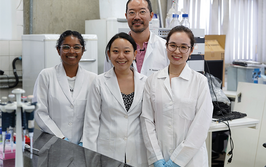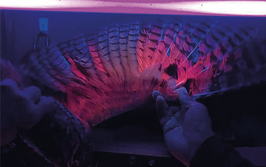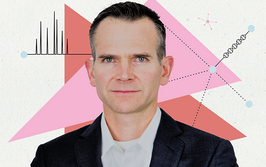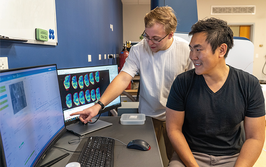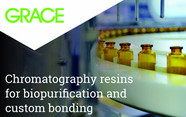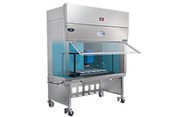Rewarding Lab Effectiveness and Efficiency
S-Lab – a new higher-education initiative in the UK – is using an awards scheme, an annual conference, and assessment tools and guidance to drive improvement in areas that are common to both analytical and research laboratories.
Laboratories are expensive to build and operate – fact. Right? The 2015 S-Lab Awards and Conference (September 16 and 17, University of Leeds, UK) will provide evidence that they can be built and operated more effectively and efficiently, without sacrificing – in fact, often enhancing – science and staff well-being. And that goes for all laboratories, from analytical to research. We’ll look at improving space utilization through designing for flexibility, and we’ll cover the management of usage – as with the award-shortlisted OpenSpace software used by the Wellcome Trust Sanger Institute (Hixton, UK). In addition, we’ll show how good tracking can greatly reduce costs and risks associated with chemicals and sub-optimal sample storage.
The program includes many conference sessions and S-Lab workshops on items such as autoclaves, microscopes and ultra-low temperature freezers that will highlight the potential for improving management, maintenance and sharing of equipment. And, of course, modern technologies have a big part to play; for example, in containment and ventilation. New systems can reduce costs and energy usage while maintaining or increasing safety by using lower but more evidence-based air flows and more flexible operation in response to demand and ambient conditions.
“Big data” is a (big) shared theme and several conference sessions will investigate the potential of “joined up laboratories”, focusing on consolidating, integrating and simplifying multiple data systems. A case study session will provide a real-world example of how this has been achieved at the awards-shortlisted Scottish Environmental Protection Agency, which has automated QA and analysis processes embedded within LIMS and database systems to deal with millions of air, waste and water samples.
Finally, a laboratory is only as good as its staff, but their personal development opportunities and career paths are often limited by specialization and lack of opportunity. That’s why we have an entire conference stream to address personal development solutions, including Science Council Registration schemes, a Technical Workforce Planning initiative at the University of Cambridge, and a Laboratory Leadership masterclass.
In my view, we cannot escape or avoid the financial pressures, shifting needs, new technologies, and many other factors that demand change in all laboratories – we must learn about and embrace them by sharing stories and problems. The S-Lab Awards and Conference demonstrate ways that users, designers and others are rising to the challenge, but also show that there is great scope for further improvement.
See www.effectivelab.org.uk for more details of S-Lab, the Awards and the 2015 Conference.
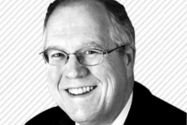
“Lego has a lot to answer for,” says Peter James. “I've loved making connections - both within science, and between scientists and business, as a specialized journalist at the BBC and elsewhere, as an innovation focused academic at Bradford, Stirling, and Warwick, and as a consultant”. And now, his “odd” career path is helpful as it gives Peter insight into all the stakeholders - scientists, technical staff, estates and facilities, finance, procurement, and so on, who need to work well together to design and operate really good laboratories. “S-Lab is unique in creating knowledge and networks that bring them together to share experience and encourage improvement.”
